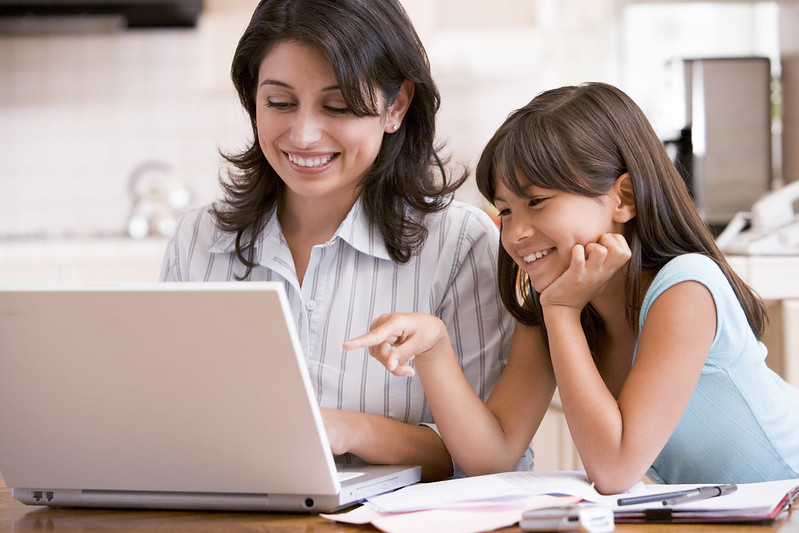Coronavirus and the working parents’ childcare conundrum
Many working parents are adapting to working from home whilst navigating the challenges presented by school closures. Caroline Millar argues that a radical reappraisal of how we navigate work and family is required.

Enhanced social distancing protocols mean that many working parents are adapting to working from home whilst navigating the added challenges presented by universal school closures. Whilst there is variation in the extent of measures adopted by each country, Unesco estimated that almost 1.5 billion students across the globe had been affected.
As the reality of school closure loomed across the UK and the Republic of Ireland, the leader of the Catholic Church in Ireland, Archbishop Martin, said the St Patrick’s weekend provided a “clear window” for parents to make childminding arrangements ahead of closures. This well-intentioned statement exposes the latent premise of working parenthood: that parents are relentlessly adept at resolving any childcare challenge. However, this is not the standard childcare conundrum faced at the end of maternity leave, or the headache of how to ensure a child is adequately cared for during a temporary illness. In many countries efforts to minimise the spread of coronavirus have resulted in a complete collapse of childcare institutions outside of the home, for a period which extends well beyond the capacity of even the most generous annual leave entitlement. In addition, many grandparents have been automatically classed as “vulnerable” in relation to the pandemic because of age, never mind any underlying health conditions, and this stark reality has eliminated another vital source of childcare for working parents. In this perfect storm many parents of young children are rightly perplexed about how to manage their commitments to work and family.
While it would be churlish and unfair to characterise schools as de facto childcare providers, nevertheless the institutional structures which exist to educate and develop our children (and which have existed for all of our memory) are an important part of the social fabric that enables parents to participate in work. This new world is going to demand a radical reappraisal of how we simultaneously navigate work and family.
Both employers and parents will need to co-operatively engage with their shared responsibilities to families and children at this time. The conventional working from home image of an office worker on a laptop and mobile phone in their home does not account for any children. And, while many children will be amused (some delighted) by unlimited access to gaming and television screens for a while, this is not a sustainable solution to working parenthood especially as we already know that coronavirus social distancing protocols are set to last for an extended period. Also, although school buildings are closed, there is often an expectation that some form of distance learning will continue during term time.
Take a moment to Google “working motherhood” and you will see that there are too many images which suggest that mothers can somehow juggle all of this responsibility; but this is grossly unfair and perpetuates cultural norms which also serve to prevent and dis-able fathers from participating in this important work. Women have worked hard and made sacrifices for their careers and jobs, and mothers have suffered the discrimination of their obligations to home and work because of their need to navigate both roles simultaneously since they joined the modern workforce. We need to determinedly resist propagating such stereotypes at this pivotal moment so all home-based working parents participate in care whilst maintaining their respective obligations to their employer as far as possible.
Employers will also need to reconsider what effective and productive work looks like during this (hopefully) temporary, once in a generation pan-social experience. It will be impossible for working parents to maintain their current levels of productivity whilst simultaneously caring for their children, especially if they have some additional duty to actively support their children’s education via new media. Employers will have to trust their employees to do their best, and understand they are navigating equally valid obligations to work and family.
Children are faced with a huge disruption in their life experience, possibly for a considerable period of time relative to how long they have been alive. Looking after them and responding responsibly to this global crisis is important work, both to slow the spread of the virus and to ensure that our children understand that they are valued within our society, as capitalism, our social rhythms and life as we know it are thrown into a tailspin.
This is not the same life lived differently, this is a different life. We need a shared understanding of our parental and work obligations to match it.
The featured image has been used courtesy of a Creative Commons license.




